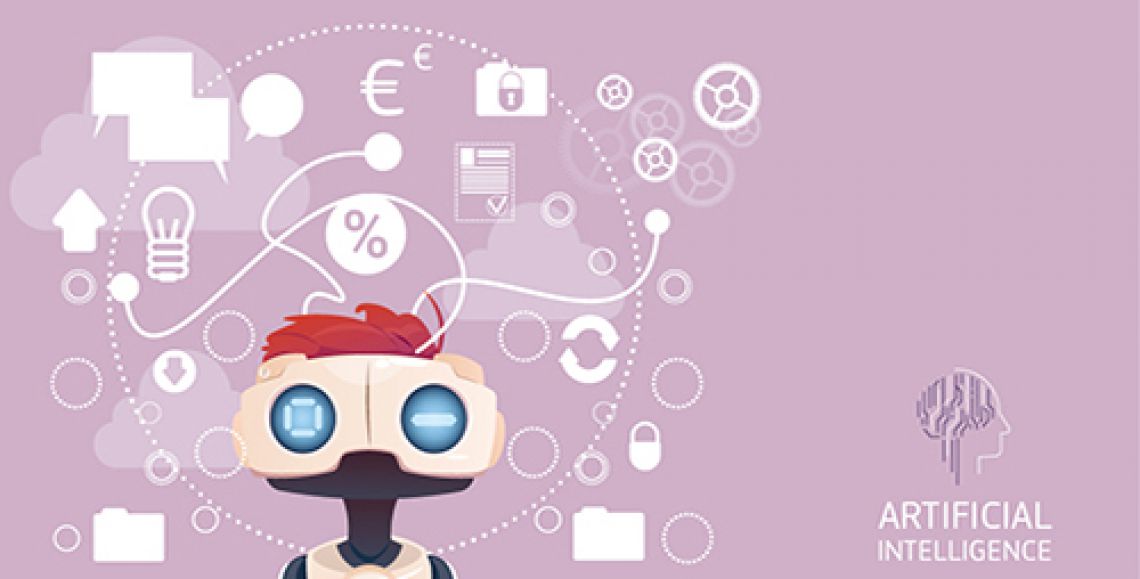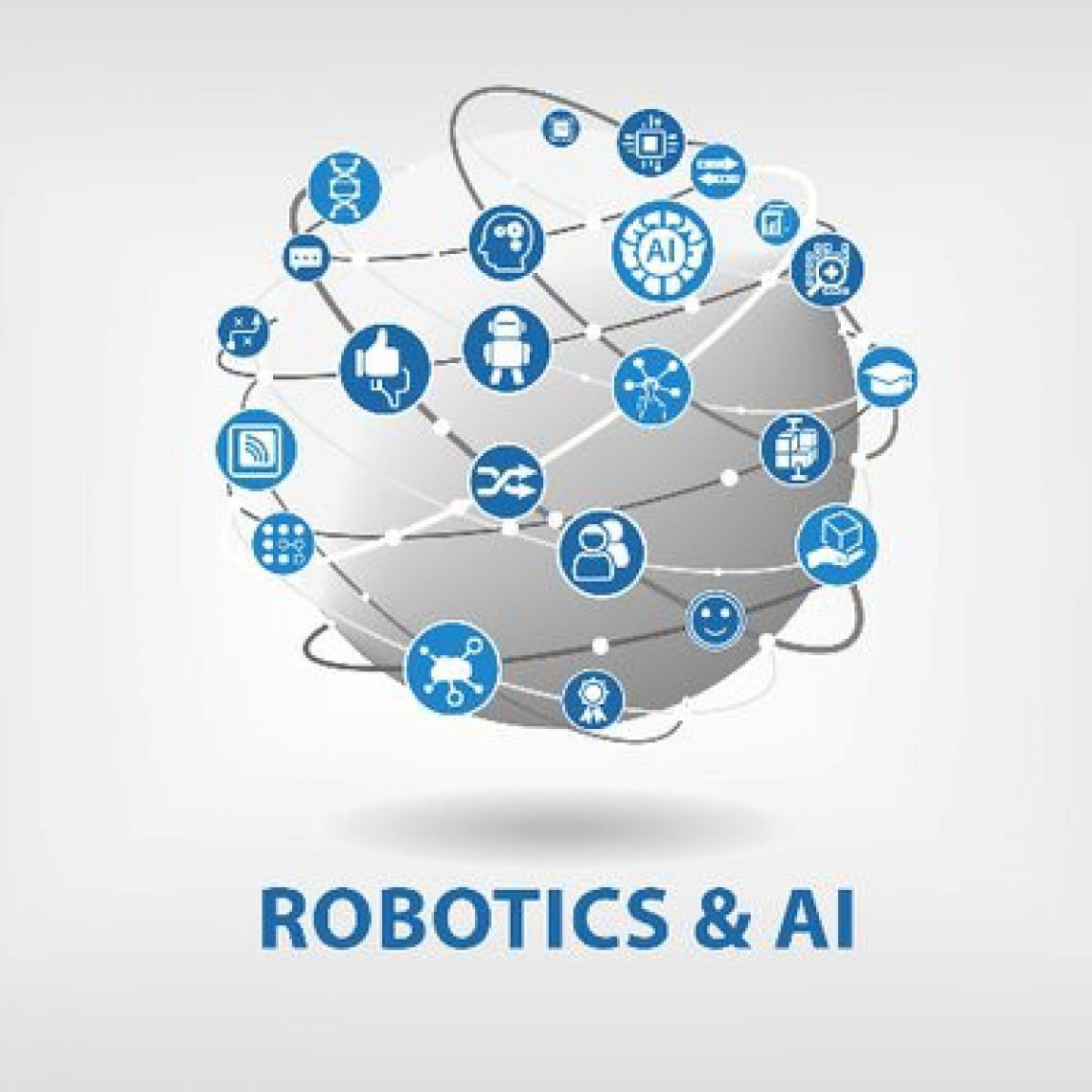
On March 5th and 6th UnBias had the pleasure of participating in a workshop that was organized to signal the launch of the European Commission’s Joint Research Center’s HUMAINT (HUman behaviour and MAchine INTelligence ) project.
The HUMAINT project is a multidisciplinary research project that aims to understand the potential impact of machine intelligence on human behaviour. A particular focus of the project lies on human cognitive capabilities and decision making. The project recognizes that machine intelligence may provide cognitive help to people, but that algorithms can also affect personal decision making and raise privacy issues.
The HUMAINT project has three main goals:
- Provide a scientific understanding of machine vs human intelligence;
- Analyse the influence of intelligent algorithms into human capabilities and decision making;
- Identify challenges that policy makers need to address in the future.
The kick-off workshop served to bring together a high-level group of interdisciplinary experts to help focus the programme of the HUMAINT project over the coming three years, and establish a global expert community that can contribute to, and be involved in, the programme of activities.

On March 9th the HUMAINT project kick-off was followed by the publication of a Statement on” Artificial Intelligence, Robotics and ‘Autonomous’ Systems” by the European Commission’s European Group on Ethics in Science and New Technologies, and the publication of a Call for a High-Level Expert Group on Artificial Intelligence.
The European Group on Ethics’s Statement “calls for the launch of a process that would pave the way towards a common, internationally recognised ethical and legal framework for the design, production, use and governance of artificial intelligence, robotics, and ‘autonomous’ systems. The statement also proposes a set of fundamental ethical principles, based on the values laid down in the EU Treaties and the EU Charter of Fundamental Rights, that can guide its development.”
The High-Level Expert Group on Artificial Intelligence will “serve as the steering group for the European AI Alliance’s work, interact with other initiatives, help stimulate a multi-stakeholder dialogue, gather participants’ views and reflect them in its analysis and reports.”

More or less simultaneously (on March 7th), the European Parliament held hearings about The Future of Artificial Intelligence – Perspectives on ethics and AI and its real life implications. On behalf of the Digital Working Group of The Greens and the European Free Alliance (EFA), MEPs Jan Philipp Albrecht, Julia Reda and Max Andersson invited experts to discuss priorities for developing the artificial intelligence sector in the EU.
Speakers were Matthias Spielkamp (AlgorithmWatch co-founder), Professor Dame Wendy Hall (Regius Professor of Computer Science at the University of Southampton, England), Catelijne Muller (Member EESC Rapporteur on Artificial Intelligence | EU Advisor to the Board VCP), Björn Juretzki (Policy Officer Unit A2 DG CONNECT | European Commission) and Fredrik Heintz (Associate Professor of Computer Science at Linköping University | President of the Swedish AI Society).
Watch the video of the hearing (dubbing provided)
